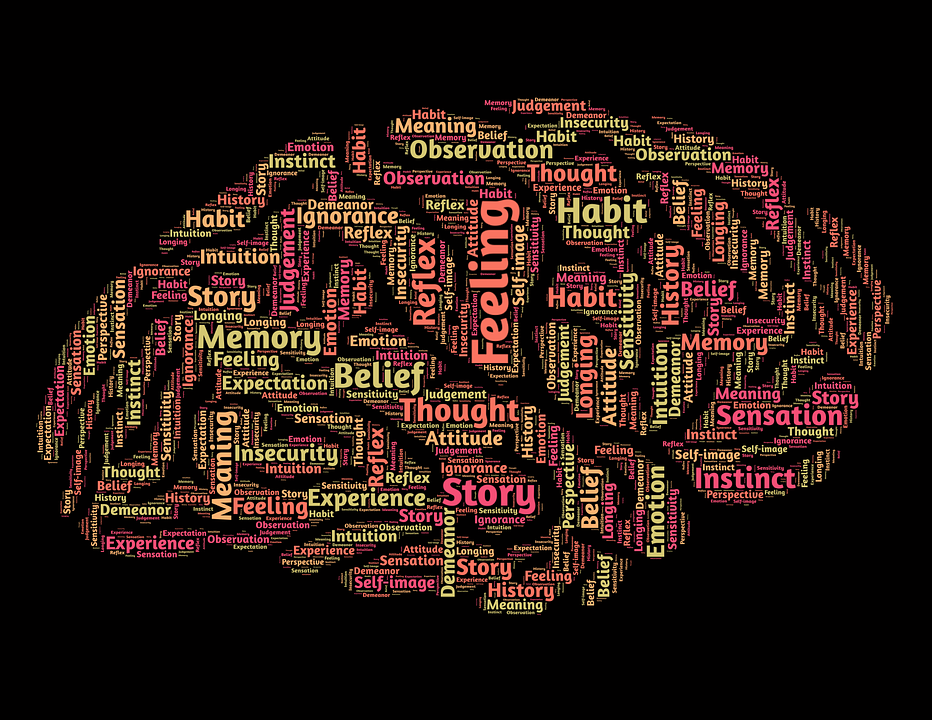
If you’re fighting a nasty cough, you’re likely to tell your friends that you’ve caught a minor cold. However, there’s a chance you won’t tell them about the depression symptoms you’ve been experiencing in the last few months. Mental illnesses, while just as frequent as the common cold, are more rarely discussed, diagnosed, and treated.
“No one would be shocked if we learned that 99% of people had a physical illness during their life,” McNeil Family Professor of Health Care Policy Ronald C. Kessler told Brigham Health Magazine. While physical ailments seem much more common, Kessler notes that “we’ve all had the common cold of mental illness”.
“Many people who have just broken up with a boyfriend or girlfriend will meet the criteria for major depression,” Kessler said, although they probably won’t require treatment such as psychotherapy. This “common cold” mental illness may pass, but it’s important to recognize if these symptoms are pointing towards a more serious illness. Many people ignore their symptoms as they are afraid to be stigmatized. Nearly 60% of people with mental illnesses did not seek treatment last year.
Although mental illness is widespread- 25% of adults in developed countries experience significant mental health problems each year- the treatment is outdated and lacking. Kessler says that mental disorders are treated as acute, episodic ailments instead of chronic illnesses.
“We’re waiting for the equivalent of a heart attack- the suicides, the overdoses, or violent outbursts- to occur before we do anything,” Kessler told Brigham Health. As it deals with a vast variety of disorders affecting the body’s most complex organ, mental health treatment has taken longer to advance than other medical fields. Mental illnesses prove tricky to treat because it is so hard to pinpoint exactly what to do; treating a mental illness is not as simple as taking cold medicine. There isn’t an equivalent catchall treatment like a statin or cholesterol pill.
Half of all mental illnesses begin to show symptoms by age 14. Children develop anxieties and phobias, which can be warning signs of more severe illnesses. However, stigma surrounds treating mental illness even in children and increases in adulthood. Funding and awareness for childhood and adult cancers are abundant, yet this enthusiasm wanes when it comes to mental illnesses. One bipolar patient noted that when she expressed shame about her diagnosis, her therapist pointed out that she would not feel ashamed of receiving a cancer diagnosis or being diagnosed as a diabetic.
On top of stigma, lack of availability and options for treatment add to the obstacles. Over the past six years, the number of people seeking emergency mental health care at the Brigham increased by over 1,000. Many people admitted with other complaints are dealing with underlying mental disorders. However, mental health departments in hospitals are grossly short on beds. Patients may wait days in the emergency department in hopes that an inpatient bed opens. Unfortunately it’s common that patients are discharged from the ED without receiving the treatment they need because no inpatient beds are available.
Together, the Brigham Health community is working together to help end the stigma around mental illness and open up gateways to modern, effective treatment options.